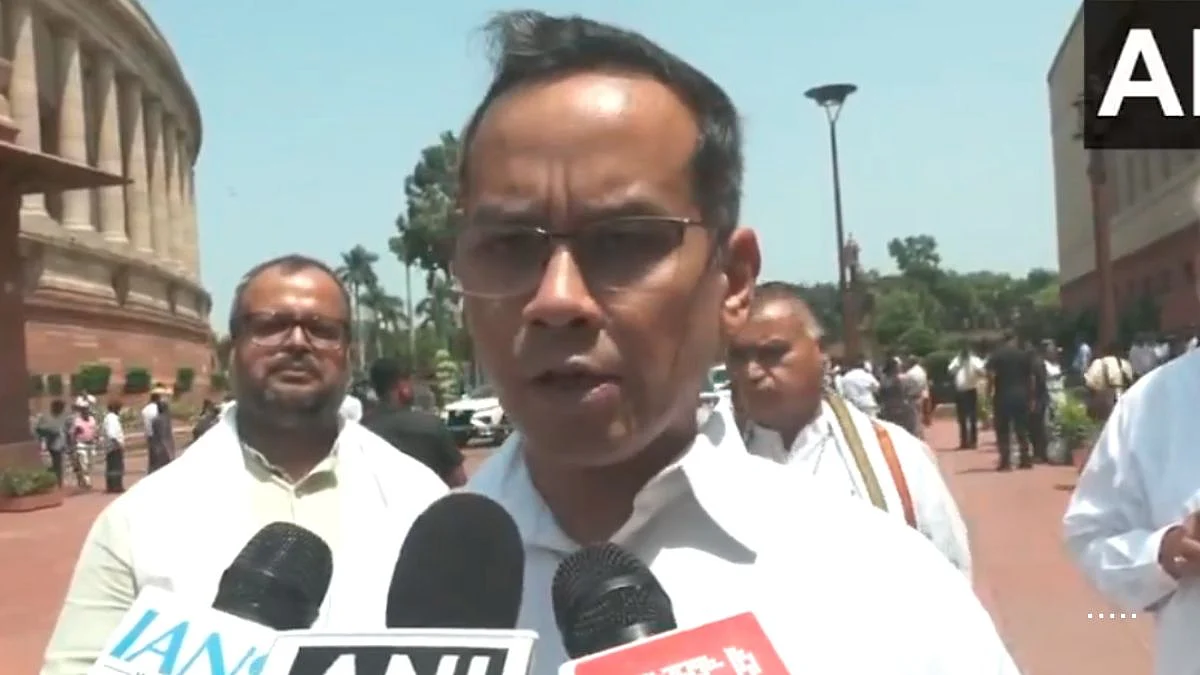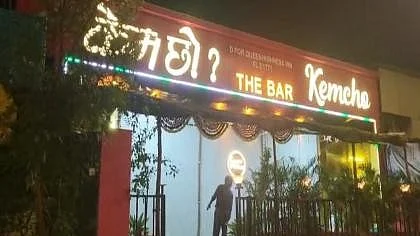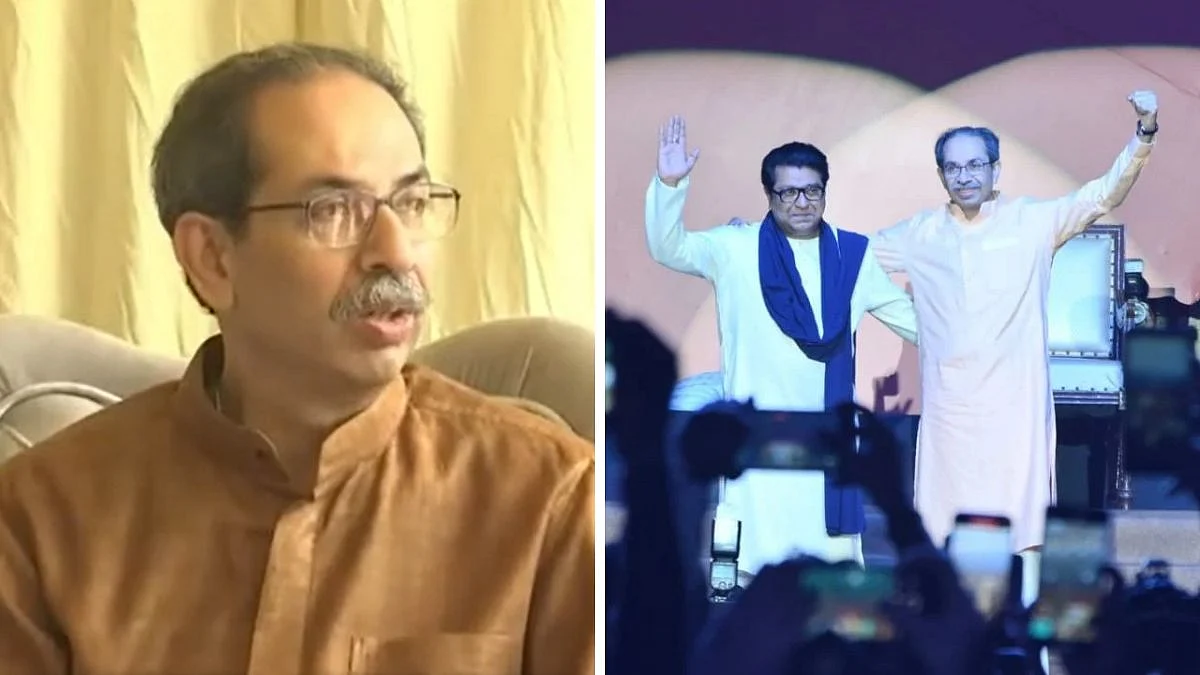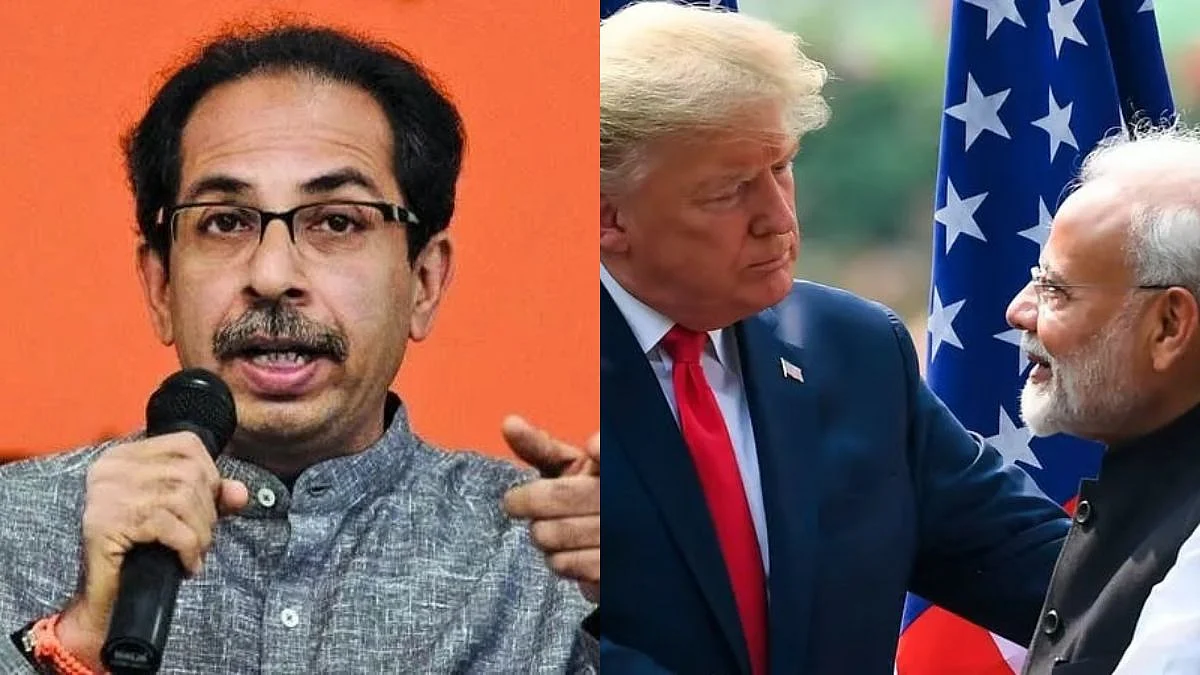Mumbai: A startling detail has emerged in the investigation of the Rs434 crore drug lab busted in Mysuru, Karnataka—the accused allegedly used a coded method involving shirt photos to facilitate the transport of MD drugs to Mumbai. The Sakinaka police revealed that the operation was divided between two independent groups: one focused on manufacturing the drugs and the other handling distribution. In a calculated move to ensure anonymity and minimise risk, members of each group were kept unaware of their counterparts' identities.
The contraband was distributed across various locations using a network of street-level dealers. The entire transportation route operated on the ground—no air or rail travel was involved. This ensured lower surveillance risks and easier movement across states.
A police officer stated, “When an individual went to collect the drugs, he did not share his contact number or name. A middleman sent the drug collector’s shirt photo to the manufacturer. The drug collector and manufacturer never exchanged names or contact details. The delivery was made solely based on the shirt photo.”
According to the police, once the MD (Mephedrone) drugs were produced at the Mysuru unit, a courier from there would travel by bus to Bengaluru. Simultaneously, a member of the Mumbai syndicate would also arrive in Bengaluru. To confirm identity, the Mumbai operative would send a photo of his shirt via WhatsApp. The courier, after matching the shirt pattern, would transfer the consignment. The Mumbai gang member would then return to the city with the narcotics—again by road.

The police suspect that this busted lab is part of a much broader international network, possibly linked to organised crime syndicates. As the investigation widens, authorities believe further arrests and connections may emerge in the coming days.




.jpg)



